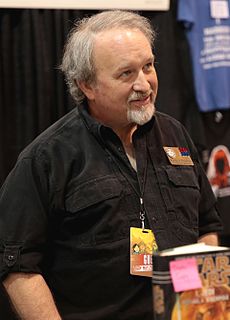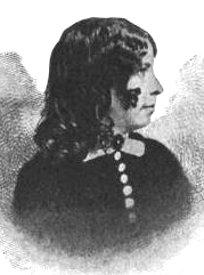A Quote by Robert Gottlieb
No agent/publisher is in a position to create across a spectrum of media and distribution what major publishers can accomplish for authors.
Quote Topics
Related Quotes
We're in the media business today. We're in the business of helping authors and publishers market their books to readers. And that's where we make our money. We sell book launch packages to authors and publishers and really help accelerate, build that early buzz that a book needs to succeed when it launches and accelerate that growth through ads on the site.
Teachers and librarians can be the most effective advocates for diversifying children's and young adult books. When I speak to publishers, they're going to expect me to say that I would love to see more books by Native American authors and African-American authors and Arab-American authors. But when a teacher or librarian says this to publishers, it can have a profound effect.
I deal with the authors I work with, agents, and other departments of the company, talking about both the books that I'm working on and everyone else's. Then there's dealing with foreign publishers: foreigners visit all the time. People want to bounce things off the publisher, and a lot of it is encouragement.
The war between authors and publishers has been a conflict of ages. On the one side, the publisher has been looked upon as a species of Wantley dragon, whose daily food was the brain and blood of hapless writers. ... On the other side, the author has been considered, like Shelley, 'an eternal child,' in all that relates to practical matters, and a terrible child at that, - incapable of comprehending details, and unreasoanably dissatisfied with results.





































